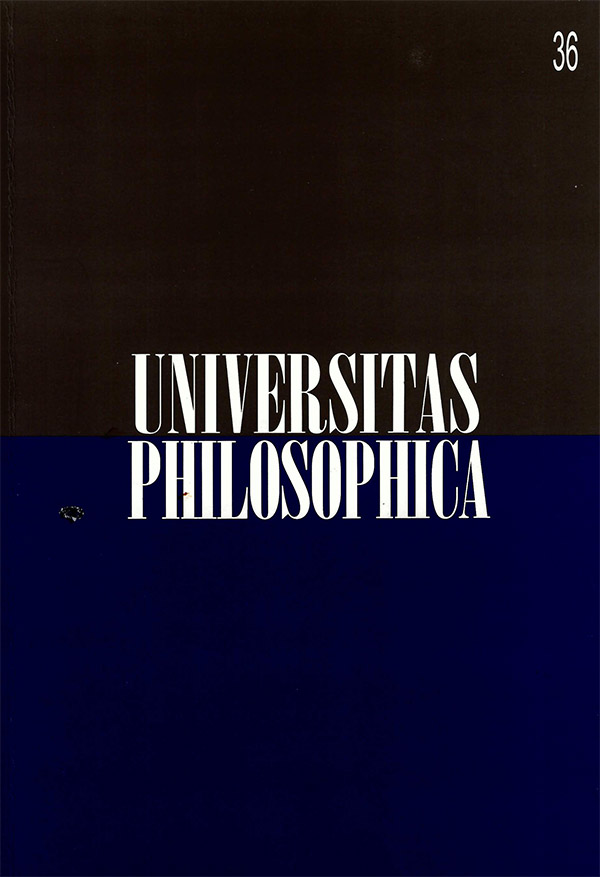Abstract
A fundamental intention of Wittgenstein's early thought is to draw up limits to that which may be said with sense in language, in any language that represents the reality. When drawing up these limits Wittgenstein concludes, as a result of his criticism of language in a Kantian sense, that the logical conditions that are to be fulfilled by the language in order to represent reality are beyond such limits, that is to say, they are indescribable. Wittgenstein's later thought rejects the idea that the essential function of language is to represent reality. The language performs a wide diversity of functions; we give many different uses to it. The later Wittgenstein remarks that the significant uses of the language rest on very basic natural conditions. So the aim of this paper is to examine whether these natural conditions would be —and for similar reasons to those that the early Wittgenstein stated on the logical conditions mentioned before— beyond the limits of what is expressible and explicable or justifiable in such a variety language games as we use.This journal is registered under a Creative Commons Attribution 4.0 International Public License. Thus, this work may be reproduced, distributed, and publicly shared in digital format, as long as the names of the authors and Pontificia Universidad Javeriana are acknowledged. Others are allowed to quote, adapt, transform, auto-archive, republish, and create based on this material, for any purpose (even commercial ones), provided the authorship is duly acknowledged, a link to the original work is provided, and it is specified if changes have been made. Pontificia Universidad Javeriana does not hold the rights of published works and the authors are solely responsible for the contents of their works; they keep the moral, intellectual, privacy, and publicity rights.
Approving the intervention of the work (review, copy-editing, translation, layout) and the following outreach, are granted through an use license and not through an assignment of rights. This means the journal and Pontificia Universidad Javeriana cannot be held responsible for any ethical malpractice by the authors. As a consequence of the protection granted by the use license, the journal is not required to publish recantations or modify information already published, unless the errata stems from the editorial management process. Publishing contents in this journal does not generate royalties for contributors.


